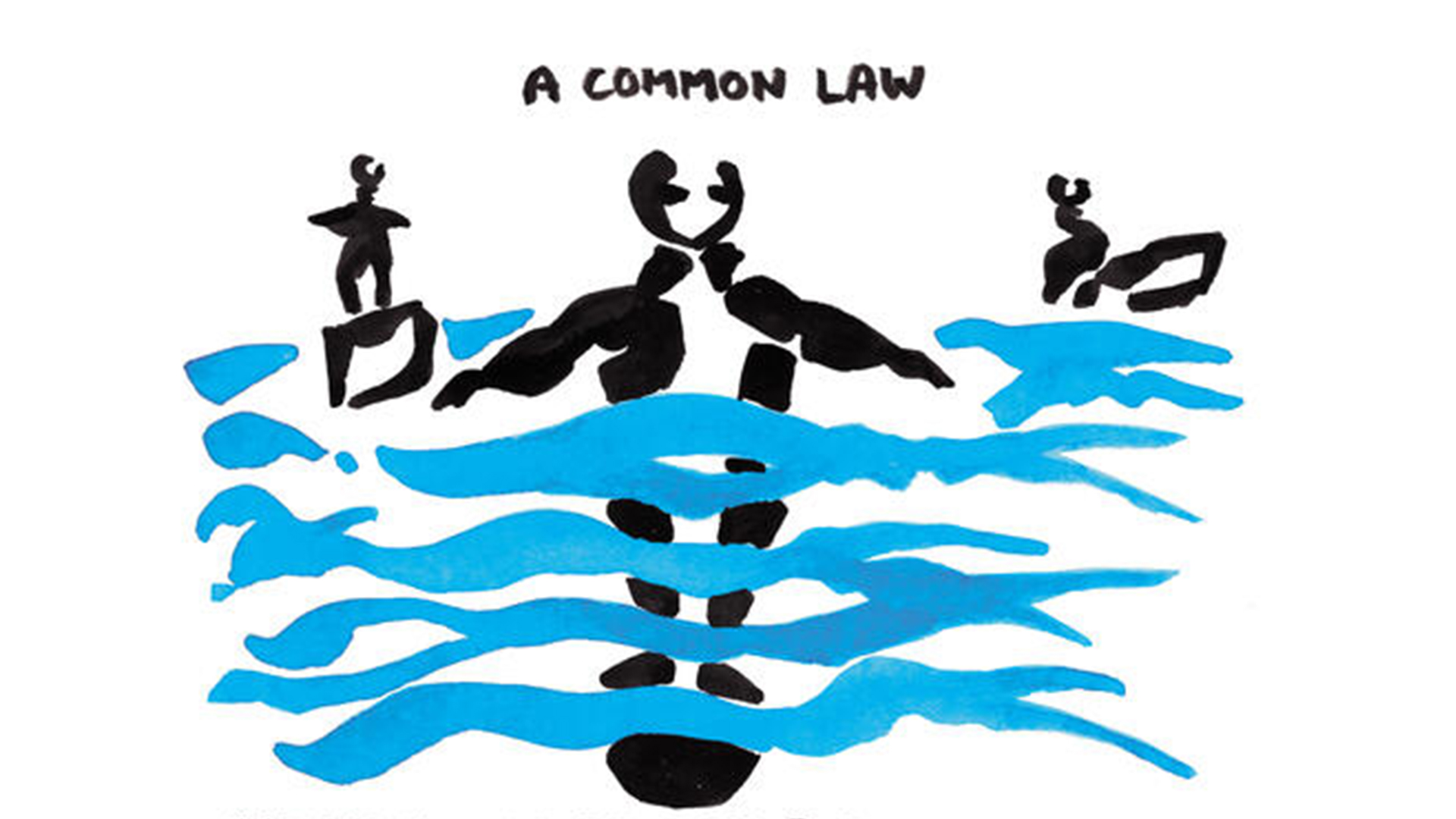
Rights of Nature
Lectures and discussion
The Rights of Nature shifts anthropocentric perspectives of law and governance, while it is an invitation to reformulate the ways we relate to the Earth. It affirms Nature as a subject instead of an object, questioning its utilitarian use for the benefit/profit of human beings. In this context, discussions on biocentrism, indigenous worldviews, and the commons emphasize the need for commitments toward social-ecological justice.
Artist and architect Marjetica Potrč will present her work at the 23rd Biennale of Sydney 2022 focused on the struggles of two rivers in different parts of the world: the Soča River in Slovenia and the Lachlan River in Australia, in New South Wales, where she collaborated with the Wiradjuri elder Ray Woods.
Professor Maria Bertel will present an overview of the constitutions implemented in Bolivia and Ecuador, successful cases from international courts, as well as the current discussion on European renaturalisation law and Austrian legal instruments that can be used by any citizen today.
Lecturers:
Marjetica Potrč, Artist and Architect
Maria Bertel, Professor of Public Law University of Graz
Moderation: Daniela Brasil, Curator and Urbanist
17:00: thematic guided tour through the exhibition Habitat Graz
18:00: Lecture:
Marjetica Potrč: From Water to Nature: The Personhood of NatureThe drawings created for the 23rd Biennale of Sydney, Australia, tell of the struggles of two rivers in different parts of the world: the Soča River in Slovenia and the Lachlan River in Australia, in New South Wales, where she collaborated with the Wiradjuri elder Ray Woods. In Slovenia, citizens organized a referendum for water (2021), which overturned a law that would have allowed private businesses to exploit protected rivers for profit, while the caretakers of the Lachlan River helped to stop the raising of the wall on the Wyangala Dam, which would deprive the country below the dam of water. The two projects present a transition in contemporary culture from seeing rivers as objects to understanding them as living beings, and the shift from a society of owners to a society of caretakers. The research-based drawings call for a more egalitarian relationship between humans and nature, in which the rivers are shared by all, to benefit the living world of plants, animals, and humans.
The event is held in English.
Image Credits:
Marjetica Potrč, The Rights of a River, No.10 of 10 drawings (detail), 2021
Courtesy of the artist and the Galerie Nordenhake, Berlin/Stockholm/Mexico City
